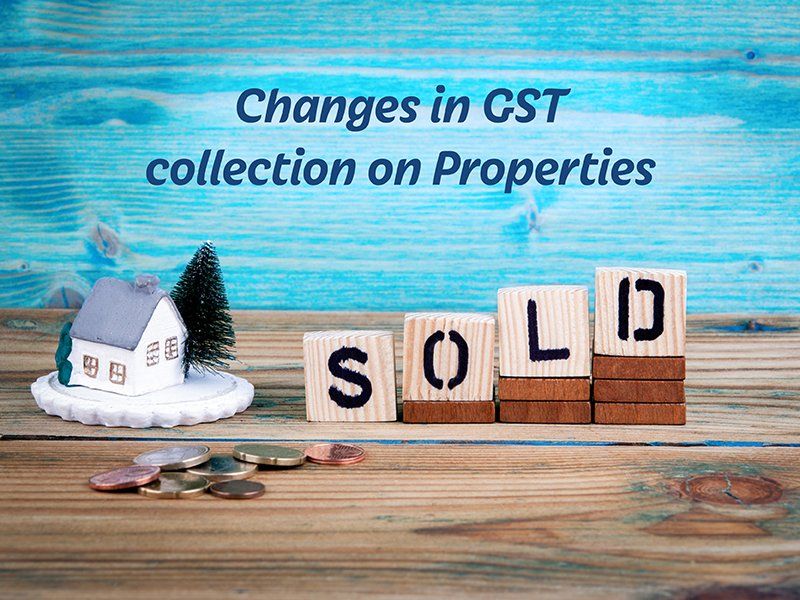Property developers: How do the changes in GST law affect you?

Changes in GST law: What inspired the change?
Previously, vendors would remit GST to the ATO as part of their business activity statement (BAS) process, after settling the property transactions.
The government was concerned about the huge amount of revenue lost through ‘phoenix’ property developers, who declared themselves bankrupt before remitting GST on sales.
Main goals of the changes in GST law
In the last five years, ‘phoenixing’ has forced the government to write off up to $1.8 billion and the main aim of the changes in GST law is to cushion itself against such loses.
The changes have made the payment process quicker and made it impossible to evade the GST attracted by property sales.
Land & premises affected by the legislation
The following types of premises and land are required to pay GST:
- New residential premises that have not been renovated and do not replace a demolished building
- Potential residential land, which is land with no structures but that is permitted to construct.
Contracts subject to the GST law changes
The vendor is obligated to give written notification to the purchaser of the residential premises or the potential residential land.
This applies to all property transactions of relevant land, where the deposit or consideration payments fall on or after 1st July 2018.
The settlement date should be the day that the consideration is paid. Any contract entered into before 1st July 2018, whose settlement will be made before 1st July 2020, are exempt from the changes in GST law.
The consequences of withholding GST
A buyer must be made aware of the need to directly submit GST to the ATO. The vendor must inform in writing the purchaser of the requirement, the amount, and time to pay.
Failure to comply can attract a fine of $21,000 and a similar amount in an administrative penalty.
If the margin pay does not apply to the transaction, the purchaser needs to pay 1/11th of the property’s purchase price before or on the settlement date.
The buyer can write a cheque made out to the ATO and the vendor can apply for a refund, if the payment contains an error.
Get help with your GST preparation
Are you a Perth-based property development business in need of help with GST preparation? Or maybe you have other tax issues bothering you?
To ensure that you do not make costly mistakes, call us today for advice: 08 6336 6200.
Need help with your accounting?








